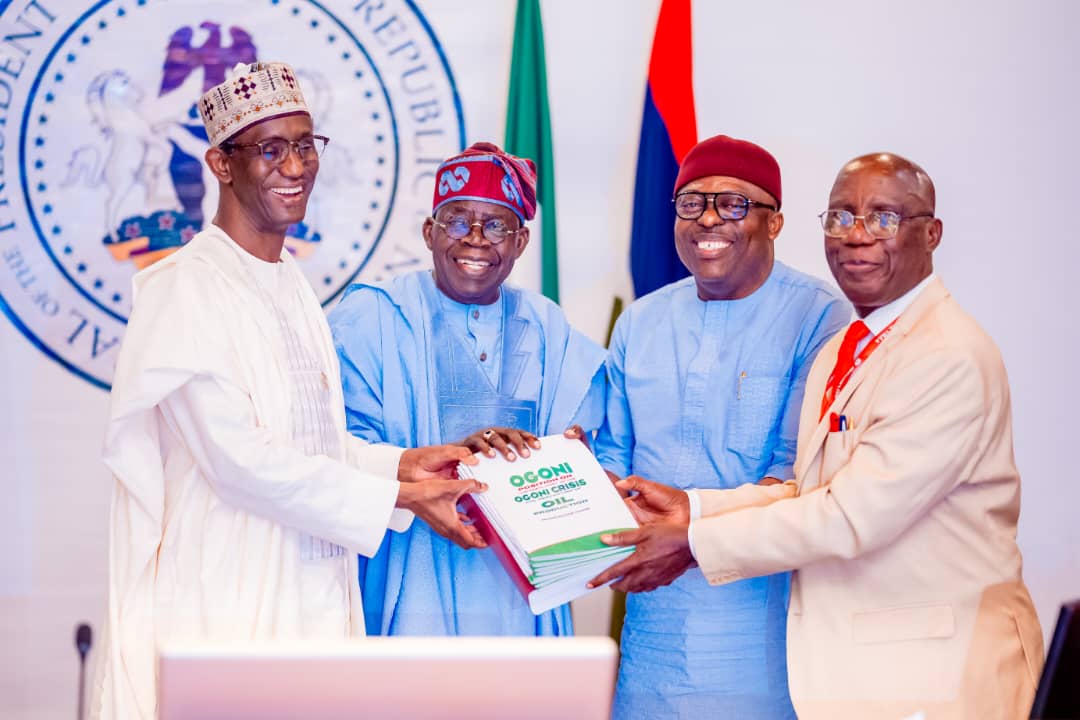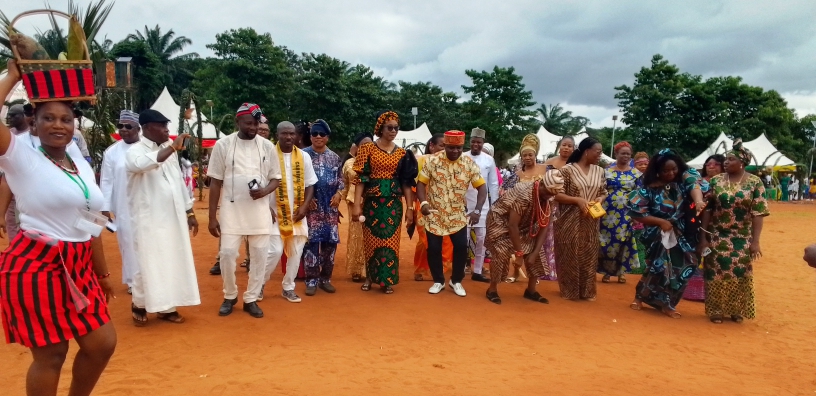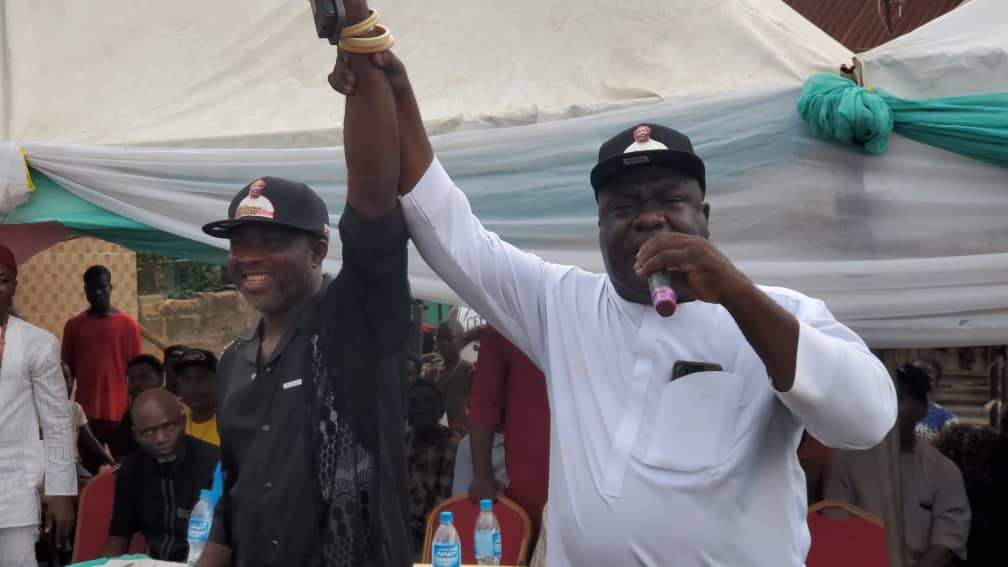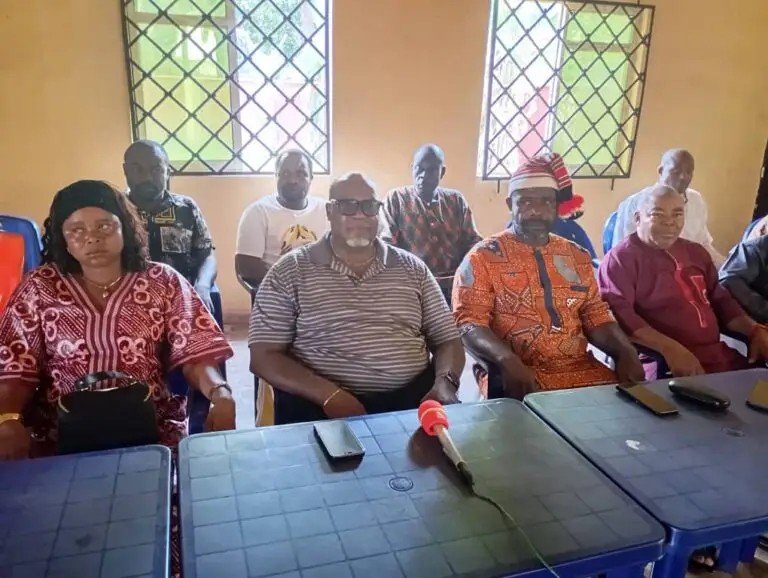President Bola Ahmed Tinubu has directed the National Security Adviser (NSA), Mallam Nuhu Ribadu, to immediately begin engagements with the Nigerian National Petroleum Company Limited (NNPCL), Ogoni leaders, and other stakeholders to finalise modalities for the resumption of oil production in Ogoniland.
The directive followed the presentation of a report by the Presidential Committee on Ogoni Consultations, chaired by Professor Don Baridam, at the State House, Abuja.
Governor Siminalayi Fubara of Rivers State led the Ogoni delegation.
On the occasion, President Tinubu also conferred posthumous national honours of Commander of the Order of the Niger (CON) on four prominent Ogoni figures.
They are Chief Edward Kobani, Chief Albert Bade, Chief Samuel Orage, and Chief Theophilus Orage—for their sacrifices in the struggle for environmental justice.
Earlier in June, the President had similarly honoured Ken Saro-Wiwa and eight other Ogoni activists who were executed under the Sani Abacha regime.
Commending the Baridam-led committee for its dedication, the President urged Ogoni leaders to embrace dialogue and unity, stressing that his administration is committed to safeguarding their environment while ensuring economic development.
Enduring pains
“We are not, as a government, taking lightly the years of pain endured in Ogoniland,” President Tinubu said.
“The Federal Government acknowledges the long suffering of the Ogoni people, and today we declare with conviction that hope has returned.”
The President acknowledged the struggles and sacrifices of the Ogoni people, directing the Minister of Environment and the NSA to integrate their programmes into broader dialogue and implementation frameworks.
He stressed the need to prioritise the disposal of non-valuable assets that serve neither the community nor the nation.
Tinubu further appealed for unity across Ogoni communities, urging them to put past divisions behind and work collectively toward a future of shared prosperity.
He assured that the Federal Government will deploy necessary resources to support the Ogoni people, while implementing an equitable tax system to ensure direct community benefit.
Governor Fubara, in his remarks, said the President’s confidence-building measures had already produced visible results, including progress on the East-West Road and the establishment of the Federal University of Environment and Technology.
NSA Ribadu highlighted that the consultation process had been inclusive and constructive, with early trust-building steps—such as setting up the university’s governing council and making headway on key infrastructure—helping stakeholders overcome past divisions.
Responsible oil production
He said the consultations achieved a collective consensus to resume oil production responsibly, anchored on fairness, equity, environmental responsibility, and tangible community benefits.
“There has also been a call to reposition the Hydrocarbon Pollution Remediation Project (HYPREP) to align environmental cleanup with renewed oil operations,” Ribadu noted.
He added that Ogoni stakeholders seek structured participation in equity development funds, employment opportunities, and institutional sectors.
Committee Chairman, Professor Baridam, expressed gratitude to the President for his foresight in establishing the consultation process under the leadership of the NSA.
He commended Tinubu’s recognition of Ogoni martyrs through national honours, describing it as a historic gesture of reconciliation and justice.
The meeting closed with a renewed commitment from all parties to pursue reconciliation, environmental remediation, and economic renewal in Ogoniland.





